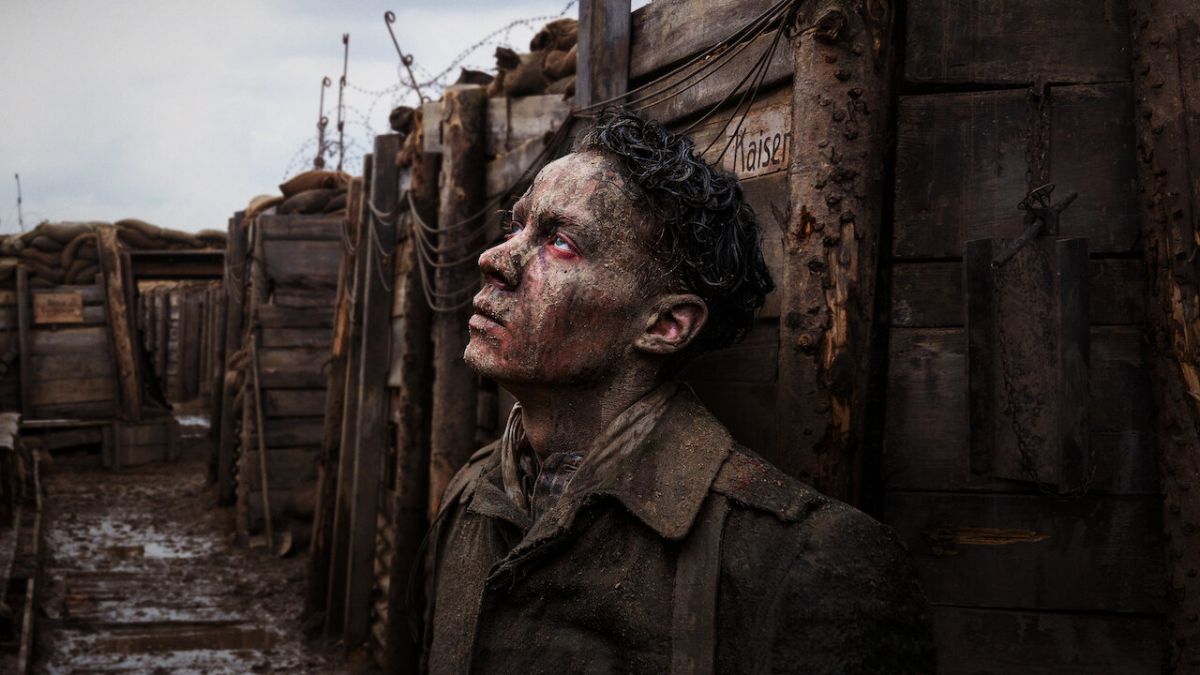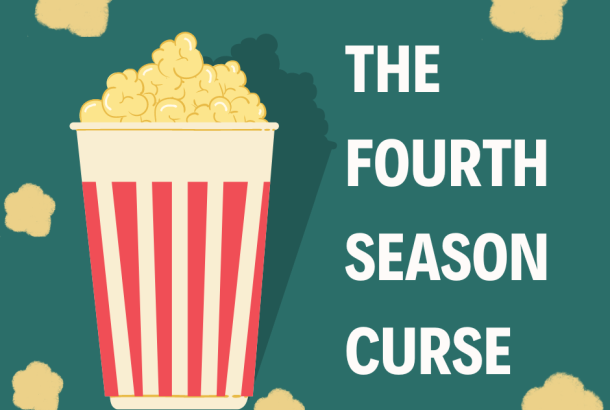All Quiet on the Western Front review: War is Hell

All Quiet on the Western Front is German director Edward Berger’s adaptation of Enrich Remarque’s novel of the same name. It is the story of a group of German teenagers who enlist to fight in the last year of the First World War, as they have only just reached the minimum age required to enlist. They are drawn in by the nationalist propaganda Germany was rife with at the time, but once they get to the front line, they come to find out what they really signed up for.
The ’war is hell’ narrative is extremely well-trodden in the modern landscape of film. Just two years ago, we had Sam Mendes’ 1917, which grossed over $300 million while being an Oscar favourite. It is also not one with much thematic diversity, not that that’s wrong though: everyone should be anti-war.
That being said, All Quiet on the Western Front provides some originality in a field sorely lacking it. The main aspect in which the film achieved this was the fact that the plot centres around a group of new German recruits. You see them go from happy, normal teenagers to battle-hardened pessimists, which said to me that the soldiers in the First World War, or in any war for that matter, were never the true enemy, even if they were on the side of the Germans.
This is further emphasised by the film showing some of the armistice negotiations between the Germans and the French, and how the military higher-ups on both sides did not want to simply cease fire out of a sense of nationalistic pride, even though tens of thousands of their countrymen were dying every day on the front lines.
The technical aspects of All Quiet on the Western Front will be where it receives most of its plaudits, especially during awards season – and rightly so. The dichotomy between the trenches and the cushy offices of the commanding class is highlighted by the colours of the film: in the trenches, it’s dank, grey and miserable, and the offices are warmly lit with much richer colours. The sound is obviously also impressive, especially during a scene where tanks roll up on the German soldiers who are celebrating clearing out a French trench.
The Come and See-inspired use of prolonged facial close-ups was something I really liked too. The technique allows the audience to really take in all the nuances of a character’s facial expression before the film lets you see what they’re reacting to. My one reservation regarding the film’s visuals is that shooting on digital makes it look too polished for a war film and that filming on actual film stock would add a whole new layer of grittiness to the aesthetic.
The more I think about All Quiet on the Western Front, the more I am inclined to think that it is more subversive than I initially thought, but then I remember watching it in the moment and being genuinely bothered by some of the more cliché plot movements and character moments. This is the only really glaring problem with All Quiet. Its anti-war commentary has a lot of value because of the perspective the film takes, and it really is a marvel technically. Whilst it isn’t one of my favourite films of the year, it is a valuable experience nonetheless.
4/5.
All Quiet on the Western Front is available to watch on Netflix now.







